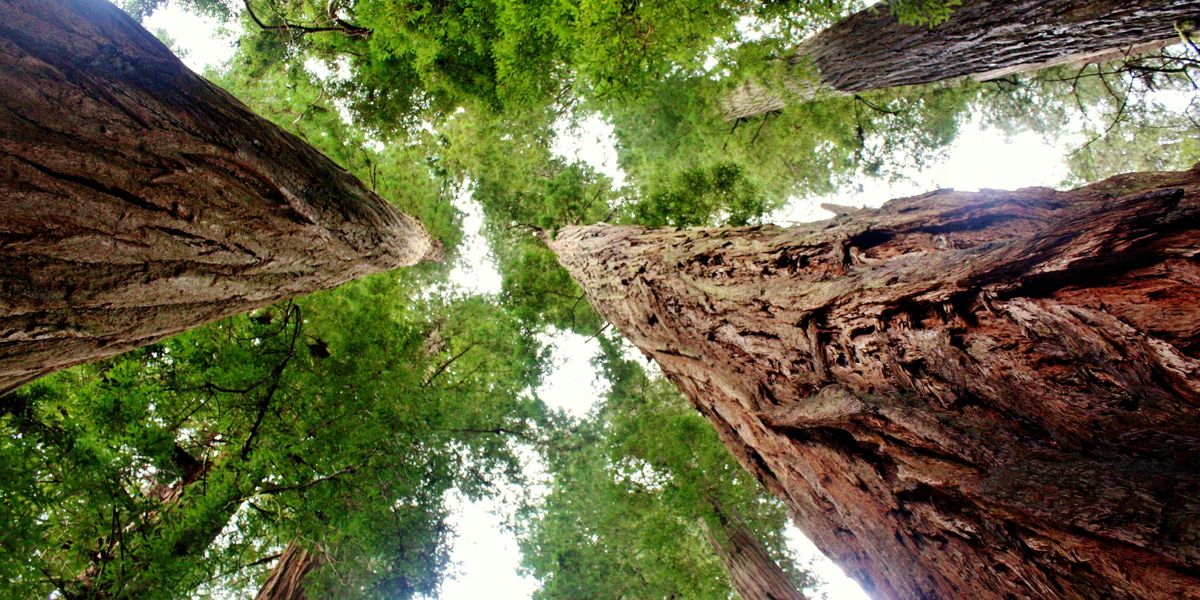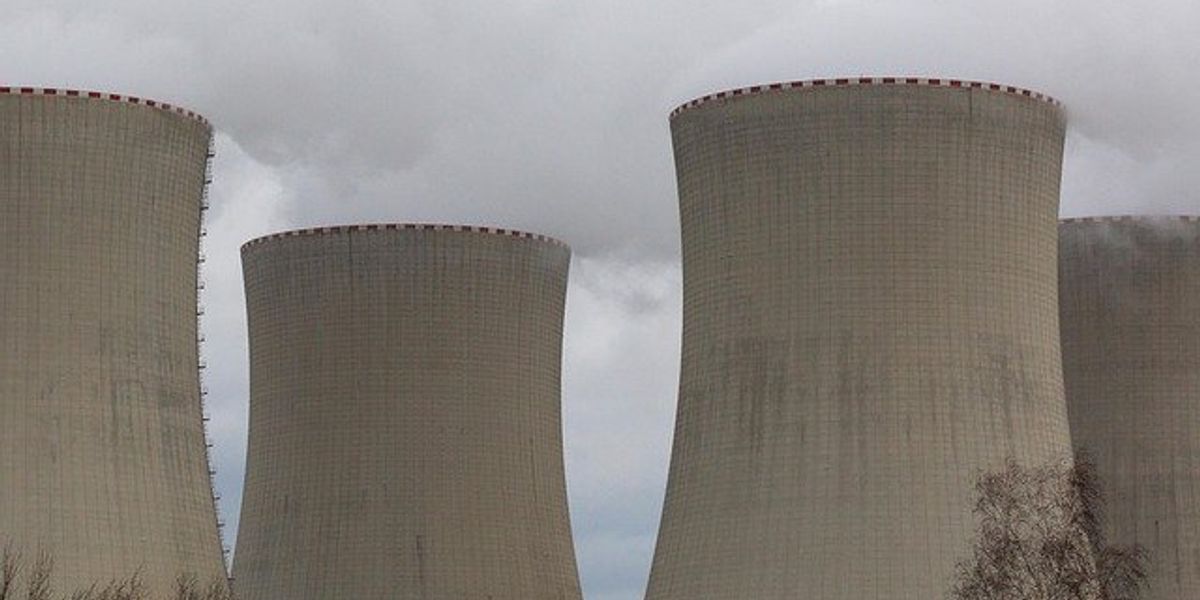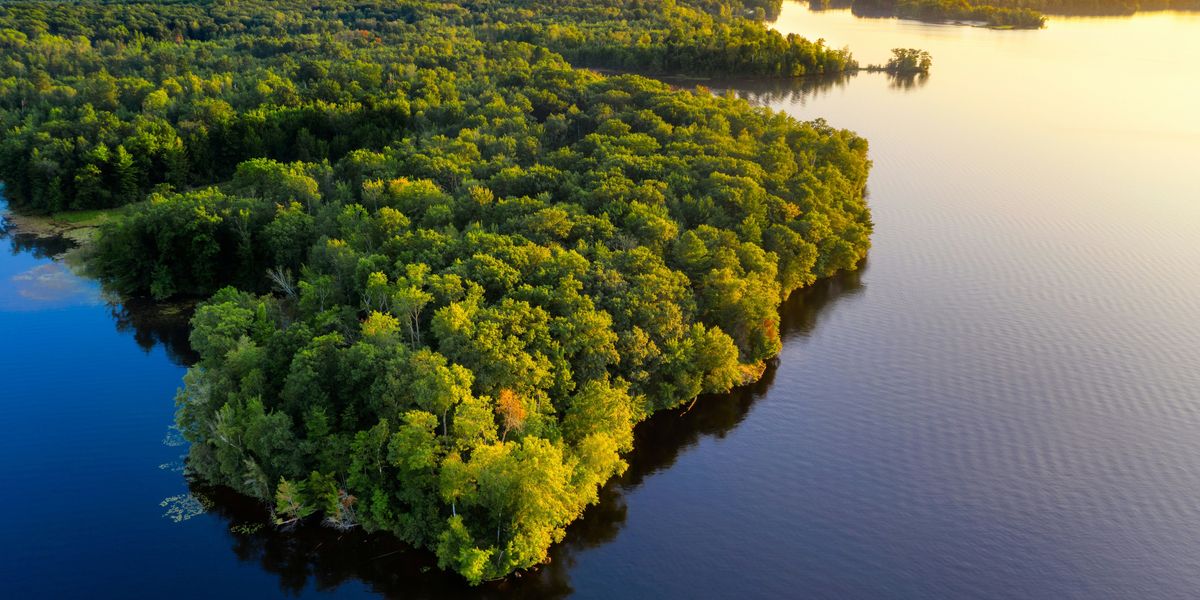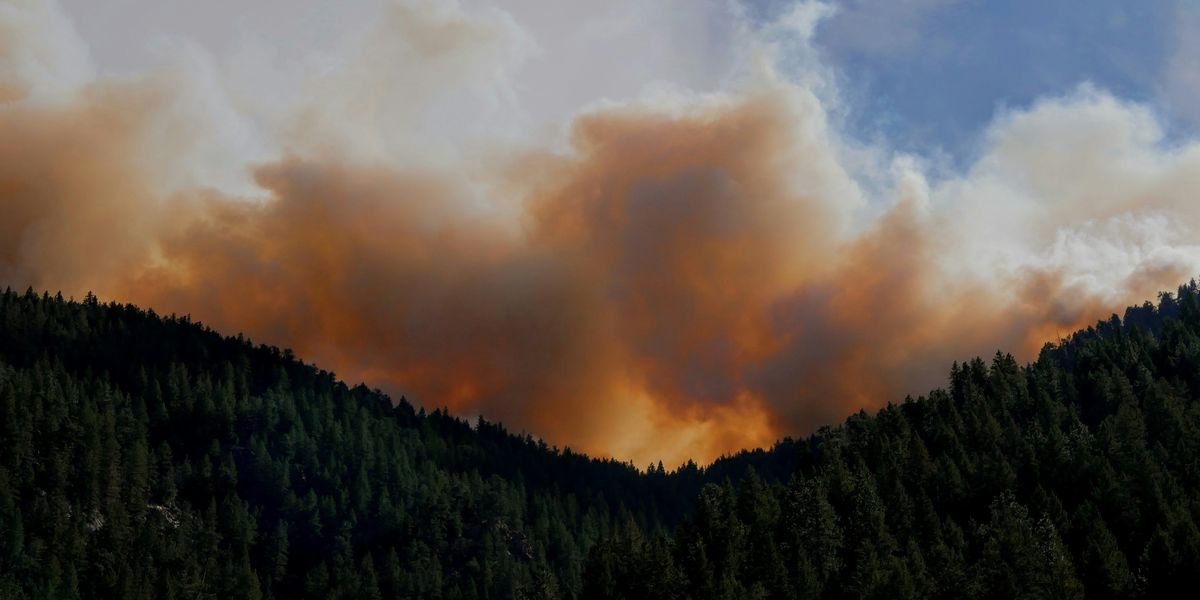resilience
Federal heat policy ignores deadly risks despite increasing climate dangers
Extreme heat is killing more Americans than any other weather-related event, but federal policies remain focused on protecting people from cold.
In short:
- The federal government invests billions in heating but provides little support for cooling, leaving millions vulnerable to extreme heat.
- Federal programs fail to recognize extreme heat as a disaster, while thousands of people die indoors due to lack of air conditioning.
- Low-income and marginalized communities are disproportionately affected, unable to access tax credits or support for energy-efficient cooling systems.
Key quote:
“Access to air conditioning is a life-saving intervention during extreme heat. Lack of air conditioning (AC) was a key driver in mortality.”
— Multnomah County, Oregon investigation
Why this matters:
Disregard for the realities of a heating planet is deeply embedded in policy. Regulations don’t account for how much our climate has changed. Every summer, heat waves kill more people than hurricanes or floods, yet federal programs designed to protect the vulnerable still see cooling as optional. Read more: Ripe for disaster declarations — heat, wildfire smoke and death data.
Louisville uses trees to tackle urban heat and health disparities
A decade after Louisville became the fastest-growing urban heat island in the US, a groundbreaking study shows that planting trees in underserved areas leads to health improvements by lowering inflammation rates among residents.
In short:
- Louisville earned a $12.6 million federal grant to plant trees in low-income neighborhoods, reducing extreme heat and air pollution.
- The Green Heart Louisville study revealed a 13-20% reduction in inflammation markers among residents, reducing heart disease risks.
- The project pioneers using mature trees and data-driven planting to target areas most affected by air pollution.
Key quote:
“There is nowhere you can put a tree where it doesn’t improve the situation in terms of cooling and air quality.”
— Brian Stone, director of the Urban Climate Lab at Georgia Tech University
Why this matters:
The results are part of a growing body of research that suggests urban trees are more than just a way to beautify a neighborhood. They may be a prescription for better health, especially in marginalized communities facing higher pollution levels and rising temperatures. Read more: Trees, science and the goodness of green space.
Ecuador’s forest win sets global precedent for nature’s legal rights
The Los Cedros forest in Ecuador’s Andes has become a global symbol of how granting nature legal rights can protect biodiversity from industrial threats like mining.
In short:
- The Los Cedros forest, one of the world’s most biodiverse places, was saved from mining by a landmark court ruling that recognized nature’s legal rights.
- The ruling builds on Ecuador’s 2008 constitution, which grants nature rights, setting a precedent for protecting ecosystems worldwide.
- Challenges remain in implementing these protections, with concerns about illegal activities and nearby industrial threats.
Key quote:
“There was no case before this, there was no precedent. It was a case of science winning over extractive industries.”
— Josef DeCoux, conservationist
Why this matters:
This ruling is part of a global movement to give legal rights to nature, offering new tools to protect ecosystems essential to human health and survival, especially in the face of biodiversity loss and climate change. Read more: Could the Ohio River have rights? A movement to grant rights to the environment tests the power of local control.
The Ashaninka’s cultural revival is reshaping the Amazon region
The Ashaninka tribe, once displaced by deforestation and cattle farming, has restored its territory and is now leading efforts to expand its land management strategies across 12 Indigenous territories in the Amazon.
Fabiano Maisonnave and Jorge Saenz report for the Associated Press.
In short:
- The Ashaninka people are using their successful reforestation and self-sufficiency model to help 12 Indigenous territories across 1.6 million acres of Amazon rainforest.
- Supported by $6.8 million from the Amazon Fund, their efforts focus on food production, cultural preservation and forest surveillance.
- The project emphasizes working with neighboring Indigenous and non-Indigenous communities to create regional cooperation for forest protection.
Key quote:
“The culprits for this live far from us. But if we start pointing fingers, we’ll waste a lot of energy and solve nothing. Instead, we’re focusing on adaptation.”
— Francisco Piyãko, OPIRJ leader
Why this matters:
As deforestation drives climate change, the Ashaninka are showing the world that preserving biodiversity isn’t just possible—it’s essential. This effort isn't only about the trees; it's about cultural survival, feeding their people and using their deep connection to the land to ensure its future. Read more: The planet’s largest ecosystems could collapse faster than we thought.
The next president will face a climate reckoning
The climate crisis is battering the U.S., but the presidential debate barely touched on the issue, leaving many questions unanswered as Americans grapple with wildfires, hurricanes, and extreme heat.
In short:
- Extreme weather events, including wildfires and hurricanes, are causing widespread damage, yet presidential candidates have provided few concrete plans for addressing these disasters.
- The insurance industry is fleeing high-risk areas, leaving millions without coverage as climate impacts worsen, but this crisis remains largely ignored in political discussions.
- Kamala Harris and Donald Trump offer vague climate positions, with Harris focused on building on Biden’s climate policies and Trump advocating for more oil drilling.
Key quote:
“We can deal with this issue.”
— Kamala Harris, Vice President
Why this matters:
The climate crisis is no longer some distant, theoretical problem. It's here, smacking us in the face with wildfires, hurricanes, heatwaves, and floods. Regardless of their stance on climate policy, the next leader will have to answer for how they will protect American lives in the face of a changing, and increasingly hostile, environment. Read more: We mobilized to defend the EPA in Trump's first term. This time the stakes are even higher.
Fire's ancient practice returns to help Nebraska’s wildlife thrive
Conservationists in Nebraska are reviving the ancient practice of controlled burns to restore vital habitats for sandhill cranes and other species.
In short:
- Controlled burns clear away overgrowth, benefiting birds like sandhill cranes by creating open areas for feeding and nesting.
- These fires mimic natural and Indigenous land management practices, which are key to maintaining grasslands and promoting biodiversity.
- Species such as bears, prairie chickens and even pollinators like bees benefit from the new growth that follows controlled burns.
Key quote:
"The best way we can make sure that the grasslands stay grasslands, is by making sure that we're using tools to keep it in that habitat — tools like prescribed fires."
— Amanda Hefner, education manager, Rowe Sanctuary
Why this matters:
In Nebraska, the practice of prescribed burning is breathing new life into local species, from the cranes that rely on open spaces to the bears that find renewed food sources in berry bushes. This ancient practice could be one of the best ways to combat the wildfire risks and biodiversity loss we face today. Read more: Hands on the land, heart in community: Returning cultural fires.
Trump plans to dismantle climate funding from key law if elected
Donald Trump announced his intention to pull back unspent funds from the Inflation Reduction Act, a key climate law, should he win the 2024 election, sparking concern over its impact on climate projects, especially in Republican districts.
In short:
- Donald Trump vowed to cancel unused funds from the Inflation Reduction Act, targeting climate and energy programs.
- He floated a government efficiency commission, possibly led by Elon Musk, aimed at reducing government waste.
- The Biden administration has already allocated billions in climate funding, but much remains unspent, creating potential legal battles over clawing back those funds.
Key quote:
“I look forward to serving America if the opportunity arises. No pay, no title, no recognition is needed.”
— Elon Musk
Why this matters:
The Inflation Reduction Act is funneling billions into renewable energy projects, electric vehicles, and cleaner industry across the U.S.—including a lot of Republican-led states that could really use the cash. If Trump succeeds in cutting these funds, it could derail green energy jobs and infrastructure growth in areas that have started to see the benefits. Read more: House Speaker Mike Johnson’s climate change playbook — deny the science, take the funding.



















